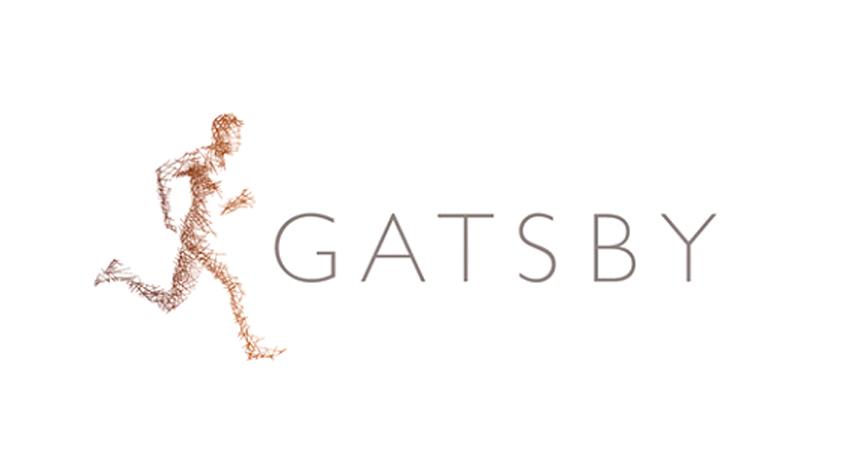
The Gatsby Benchmarks: Still at the heart of educational reform
Many people have heard of the Gatsby Benchmarks and know they are important in the provision of careers education in schools and colleges. Gatsby Benchmarks are the result of national and international research into careers guidance services by Sir John Holman, Senior Adviser to the Gatsby Charitable Foundation.
There are eight Gatsby Benchmarks and they help to define the elements of an excellent careers programme:
- A stable careers programme
- Learning from career and labour market information
- Addressing the needs of each pupil
- Linking curriculum learning to careers
- Encounters with employers and employees
- Experiences of workplaces
- Encounters with further and higher education
- Personal guidance
You may also know that The Manchester College has been working hard to implement the Gatsby Benchmarks and continuously improve our careers provision across the college. There has also been a number of Government White Papers since 2017, which outline the Government’s plans for how careers guidance should be provided and the Benchmarks are still a major part of this plan.
In July 2021, the Government produced further statutory guidance to schools, further education colleges and Sixth Form colleges, regarding the provision of careers education and guidance, Careers guidance and access for education and training providers (publishing.service.gov.uk) and still firmly places the eight Gatsby Benchmarks as the main framework for careers provision in England.
The new guidance clarifies the role of senior leaders and governors within careers education and states how careers guidance should be embedded into the planned reforms to technical education. Furthermore, the Government emphasises its commitment to The Careers & Enterprise Company and its investment in careers hubs in colleges. As Sir John Holman states: "We know that support from senior leaders and governors is critical to ensuring Careers Leaders have the resources and agency to deliver good career guidance to all their students."
This recent Government White Paper from July, builds upon the Careers Strategy published in 2017, Careers strategy: making the most of everyone’s skills and talents - GOV.UK (www.gov.uk) in which the Government set out its plans for raising the quality of the careers provision in England. The main ethos of this strategy was to increase social mobility and create a fairer society where all young people could reach their potential and have equal access to opportunities and learning.
The Careers Strategy 2017 was built on the foundation of the eight Gatsby Benchmarks and emphasised how important good quality careers education is to the futures of young people and increases their understanding of routes into work and career management.
Then in January 2021 the Government published its White Paper, Skills for Jobs: Lifelong Learning for Opportunity and Growth (publishing.service.gov.uk) in which the Prime Minister introduced a Lifetime Skills Guarantee which states that everyone should have access to the learning and training they need throughout their lives. The White Paper focuses on the importance and value of technical education in light of continuous advances.
It also promotes the links between FE colleges and employers and recognises the role colleges will play in training a skilled and adaptable workforce of the future and sets out planned reforms to the further education and technical skills provision. A key reform is to ensure that the provision of technical education and training is well aligned to what employers need to ensure that people meet the skills gaps at work and make progress in their careers. This is particularly true of sectors with emerging skills needs and national skills priorities, including the construction, manufacturing, public, health and social care, digital and creative sectors.
The Government pledges to invest in the infrastructure and resources of colleges; in return colleges must comply with the statutory career obligations and requirements, and states that colleges “should continue to make every effort to improve their performance against the Gatsby Benchmarks”. This is why it is still crucial that all those working within colleges understand the relevance of the Benchmarks are and how all their work contributes to a successful and meaningful careers programme.
How are we doing against the Gatsby Benchmarks?
The Manchester College is successfully maintaining 100% of the requirements of the Benchmarks, as evaluated by the Careers & Enterprise Company’s activity audit, which is called the Compass Tool.
The College’s Careers Plan focuses on providing high-quality impartial careers education, information and guidance (CEIAG) and is structured both on the Government’s Careers Strategy and the eight Gatsby Benchmarks. Our whole College approach and ethos of “Careers Not Courses” drives all our activities and involves the whole College. Curriculum and support teams have a clear focus and deliver courses that have a clear destination or career-related pathway. We achieved the Careers & Enterprise Company Beacon Award for Innovation in Careers and Enterprise, which celebrates the whole College’s work in preparing our students for the world of work.
As a college, we need to continue to link the Gatsby Benchmarks, and careers education, into all aspects of curriculum learning. This will ensure that learners are equipped with current, relevant knowledge, employability skills and work-based experiences that they need to make informed choices in today's changing labour market. For example, Benchmark 2 describes what “Good” looks like and how students and parents should have access to high-quality information about future study options and labour market opportunities, and that Labour Market Information (LMI) should be included in all areas of study. This includes providing extensive work-experience opportunities, employability expertise, career planning tutorials, and personal guidance for learners.
For a more detailed picture of the Gatsby Benchmarks for young people in colleges, please see the following booklet (gatsby.org.uk).
As Beth Jones, Head of Careers programmes at the Gatsby Foundation, said: "The continuing changes to technical education, including the introduction of T-levels and launch of the Institutes of Technology, meaning that it is more important than ever that young people fully understand the breadth of options open to them. The high-quality information, advice and guidance articulated by the Benchmarks will ensure that every student can make ambitious and positive decisions about their futures."
As you can see, the Government is providing colleges with ambitious goals and requirements to comply with, and a major part of this is our commitment to continue implementing the Gatsby Benchmarks in order to support all our learners and prepare them for the world of work. With our focus on careers and a work-ready Greater Manchester, we’re creating greater opportunities in the heart of our city and leading the way in education.
Resources and useful information:
Careers guidance and access for education and training providers
Skills for Jobs: Lifelong Learning for Opportunity and Growth
Careers strategy: making the most of everyone’s skills and talents
